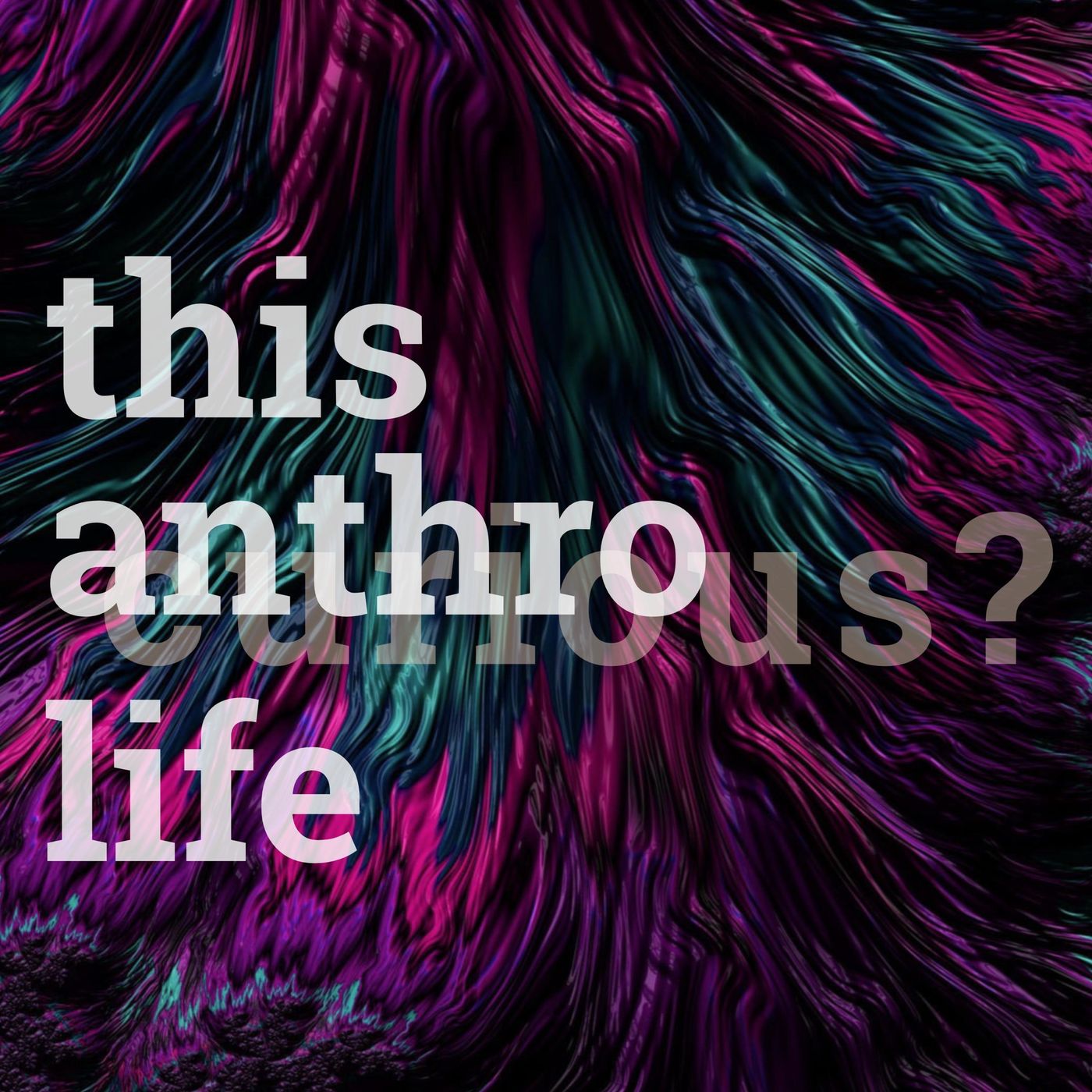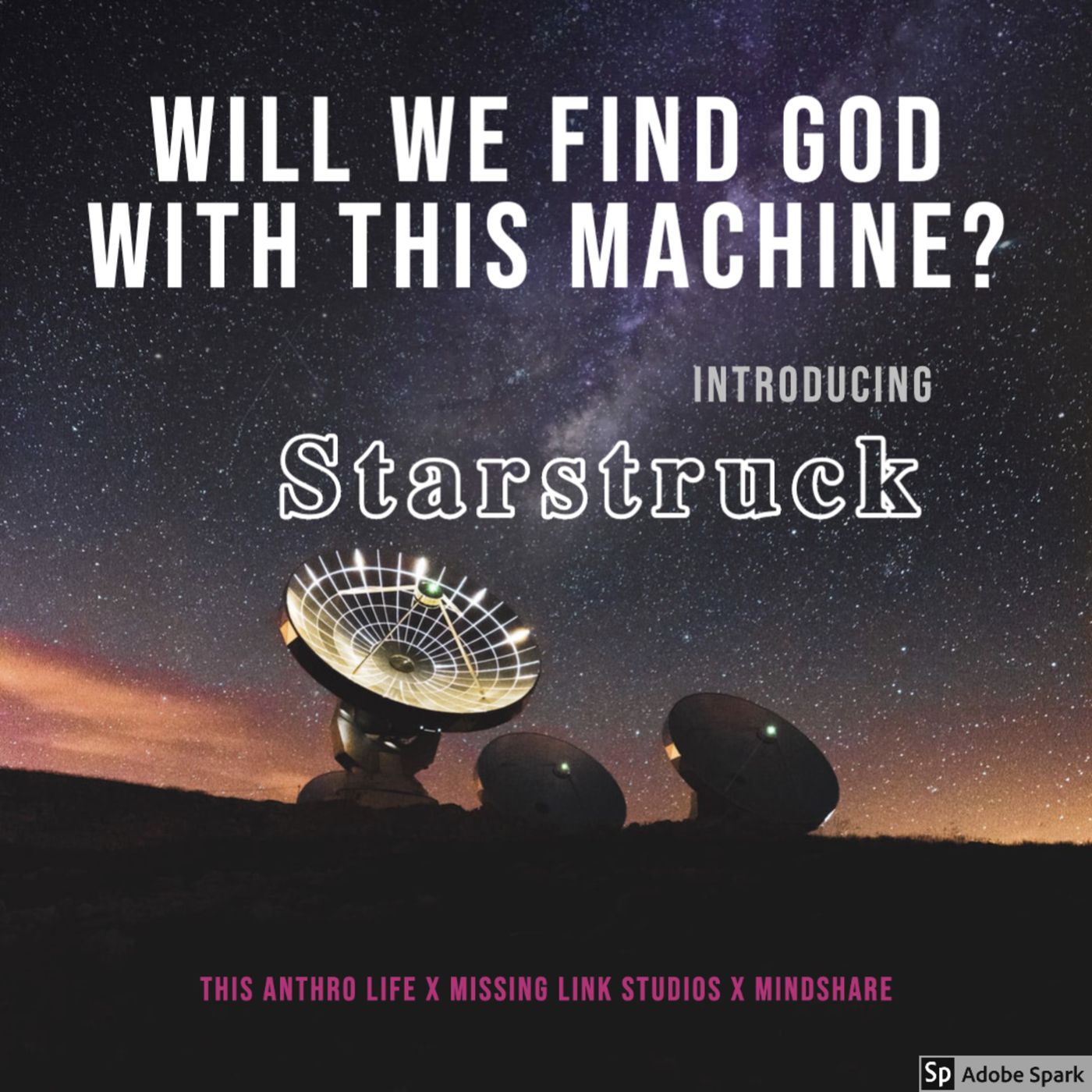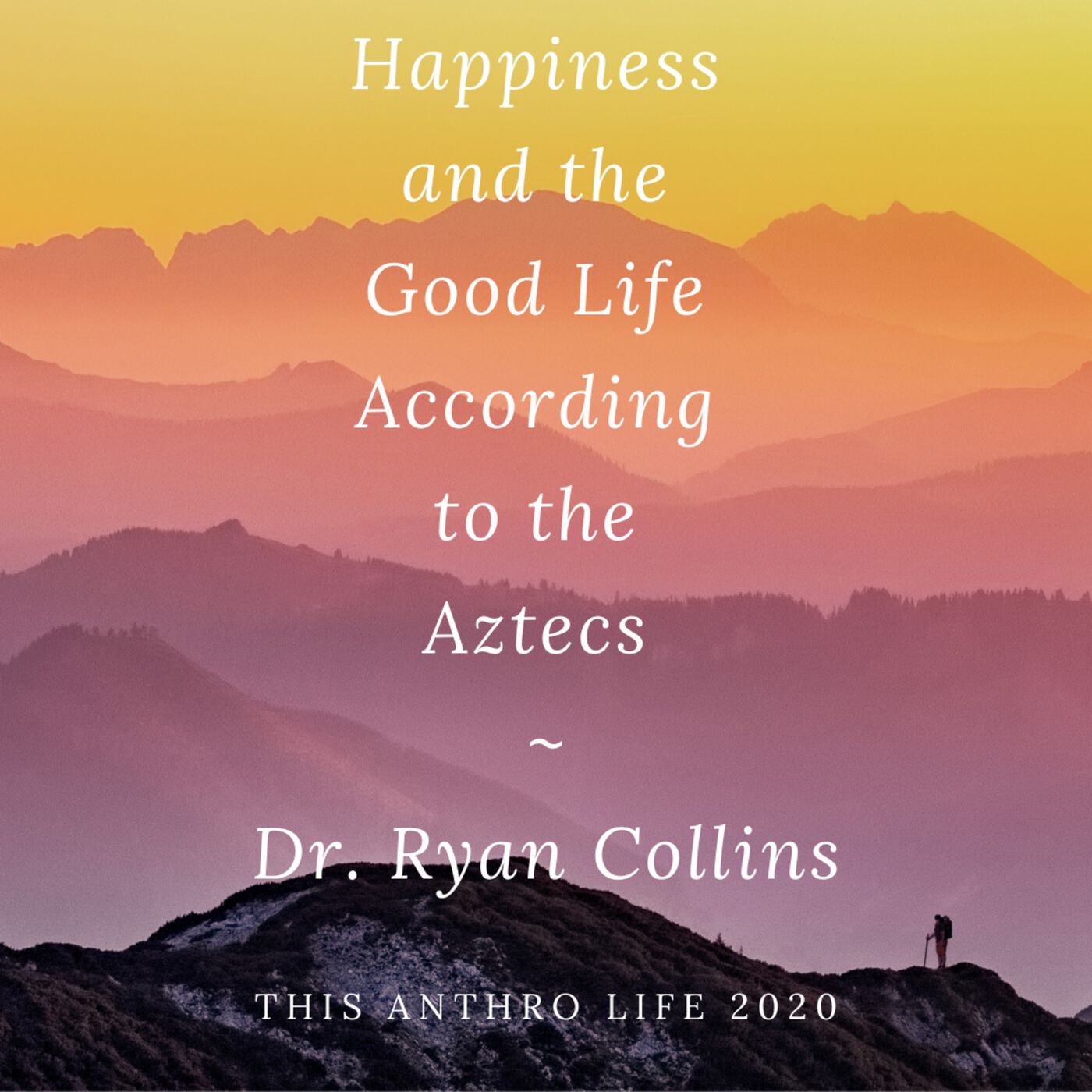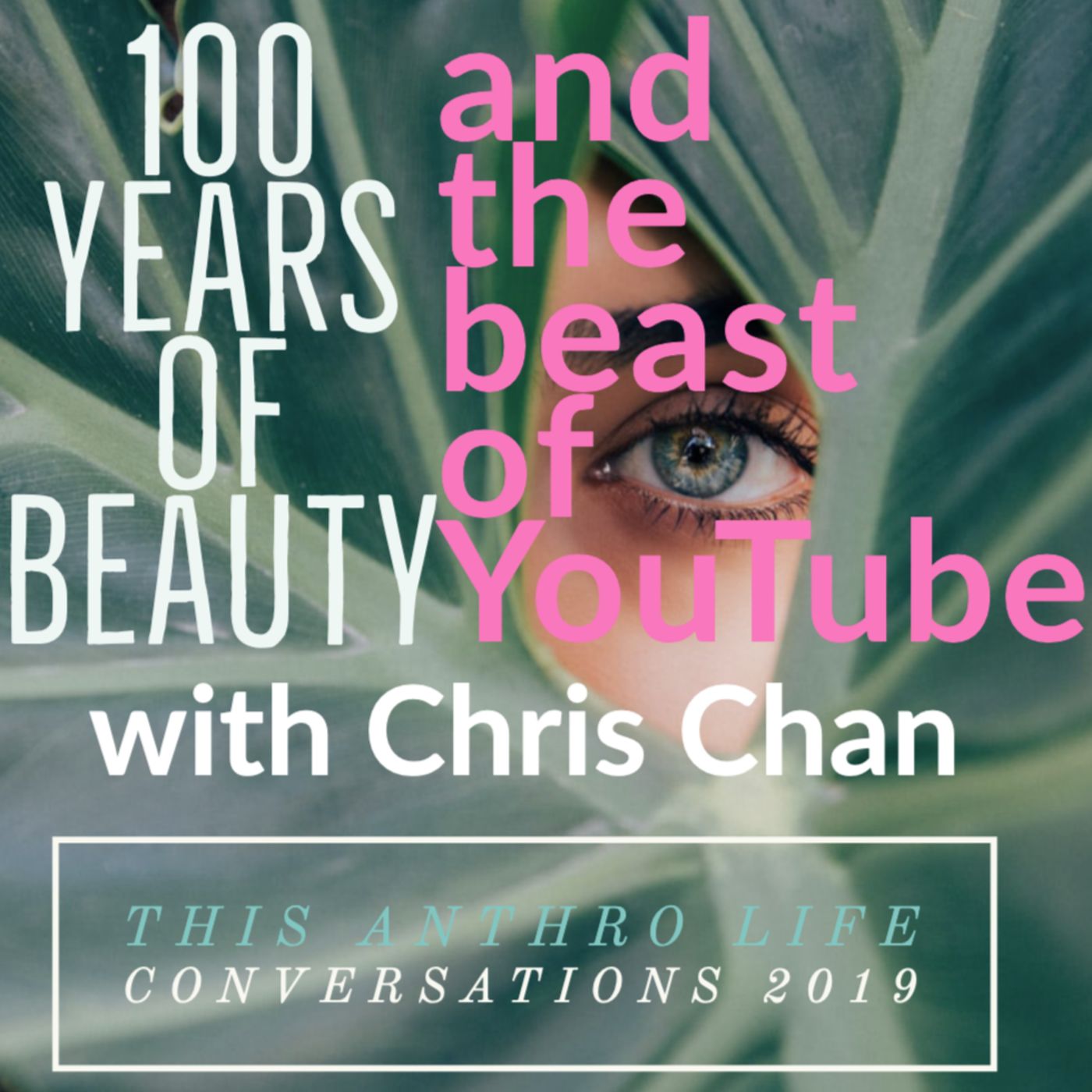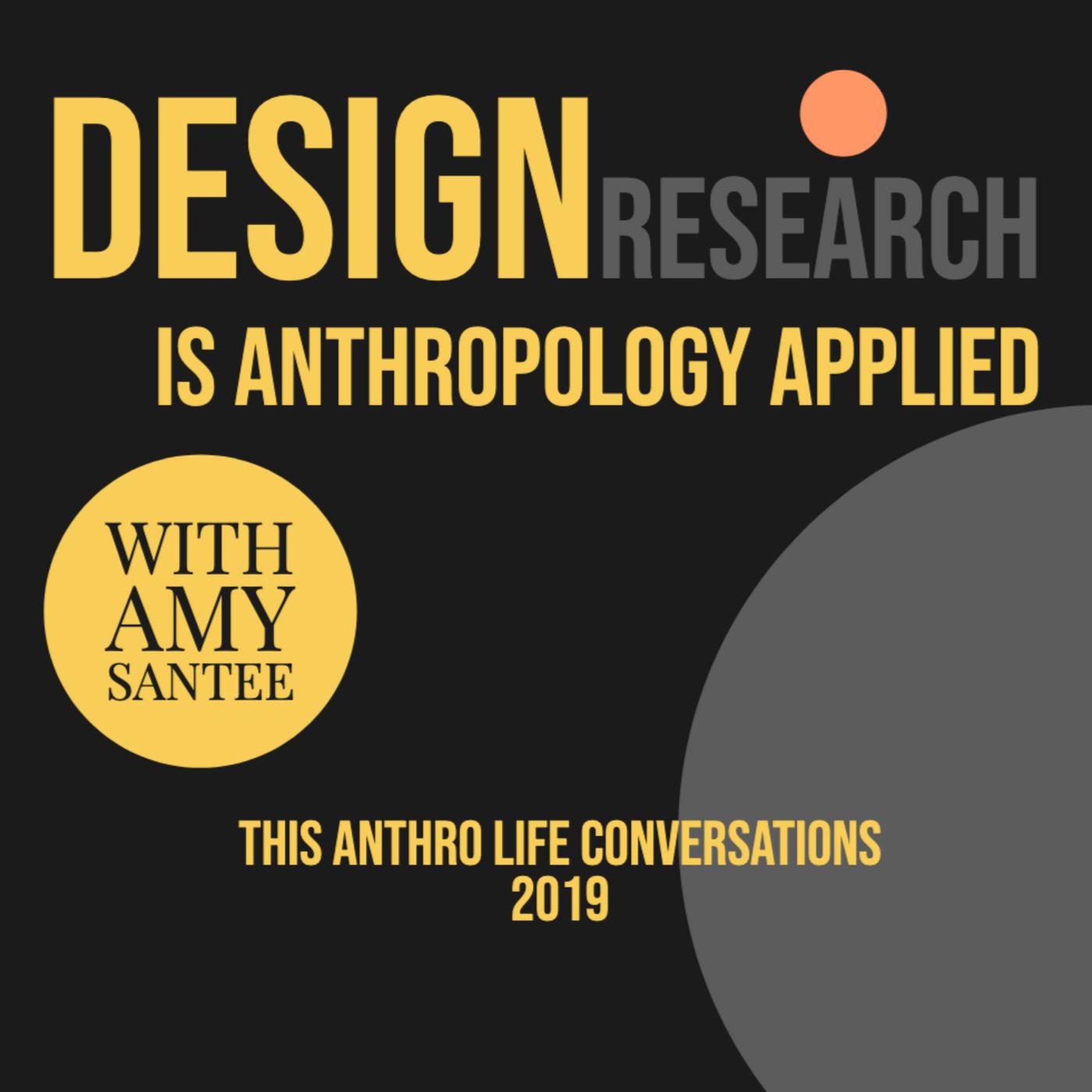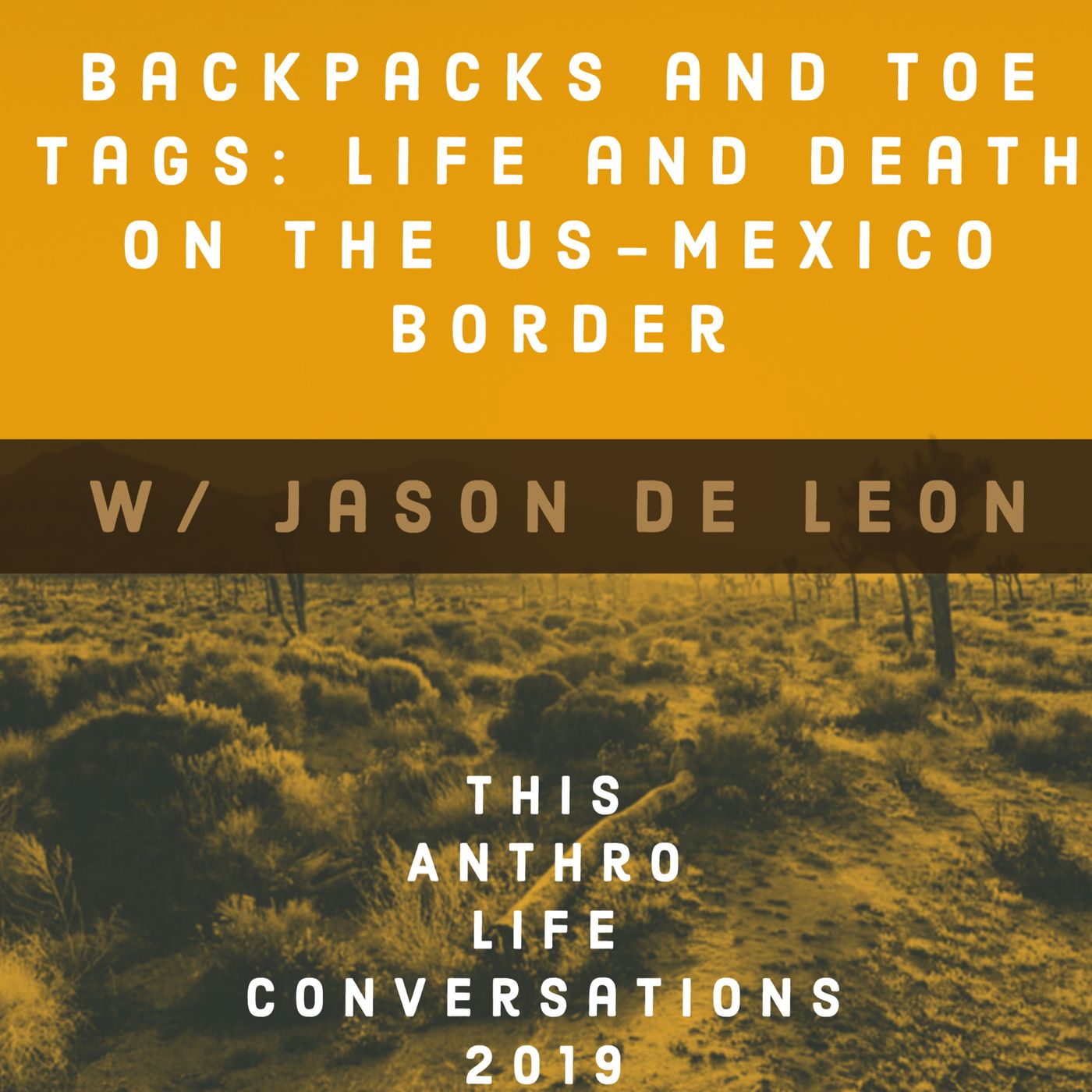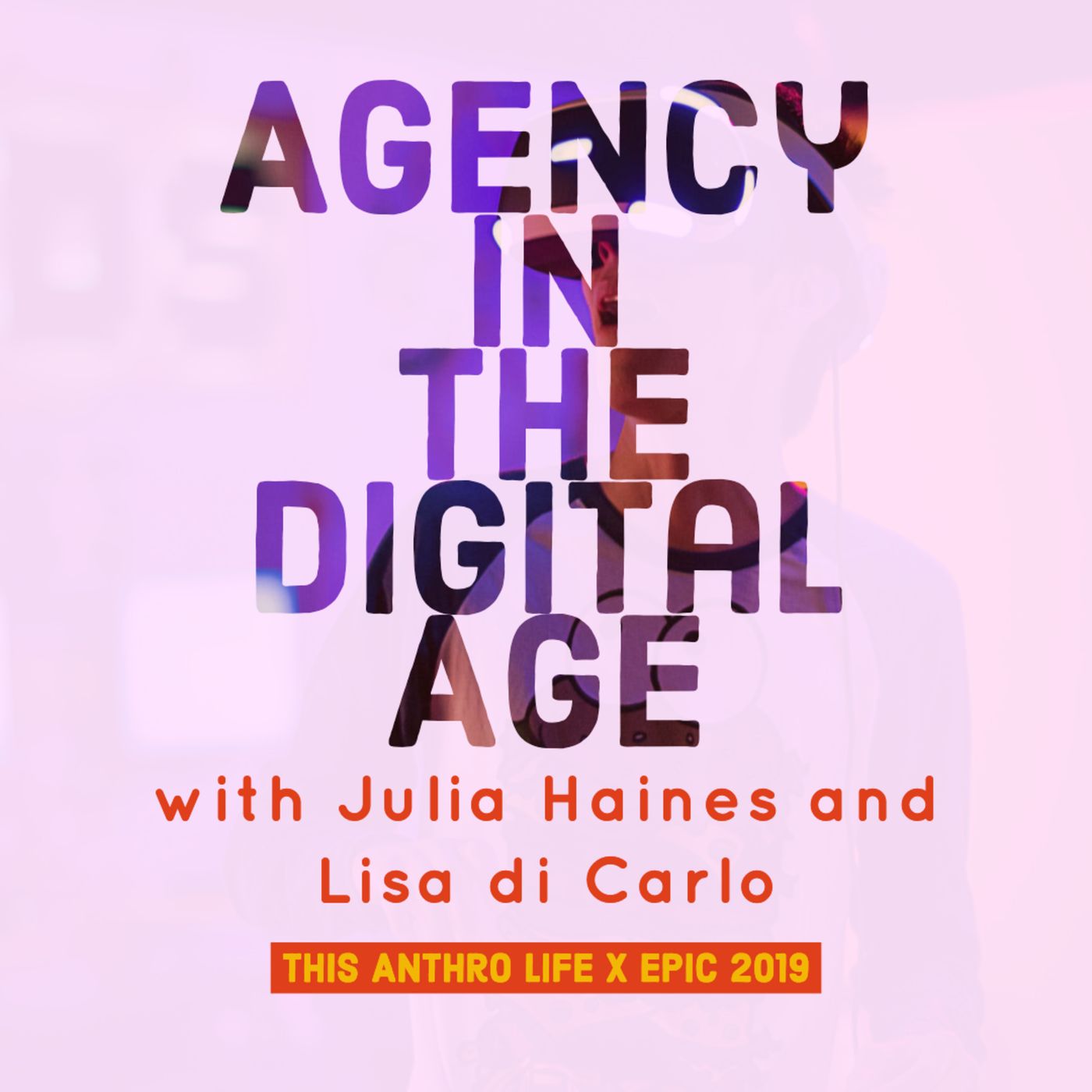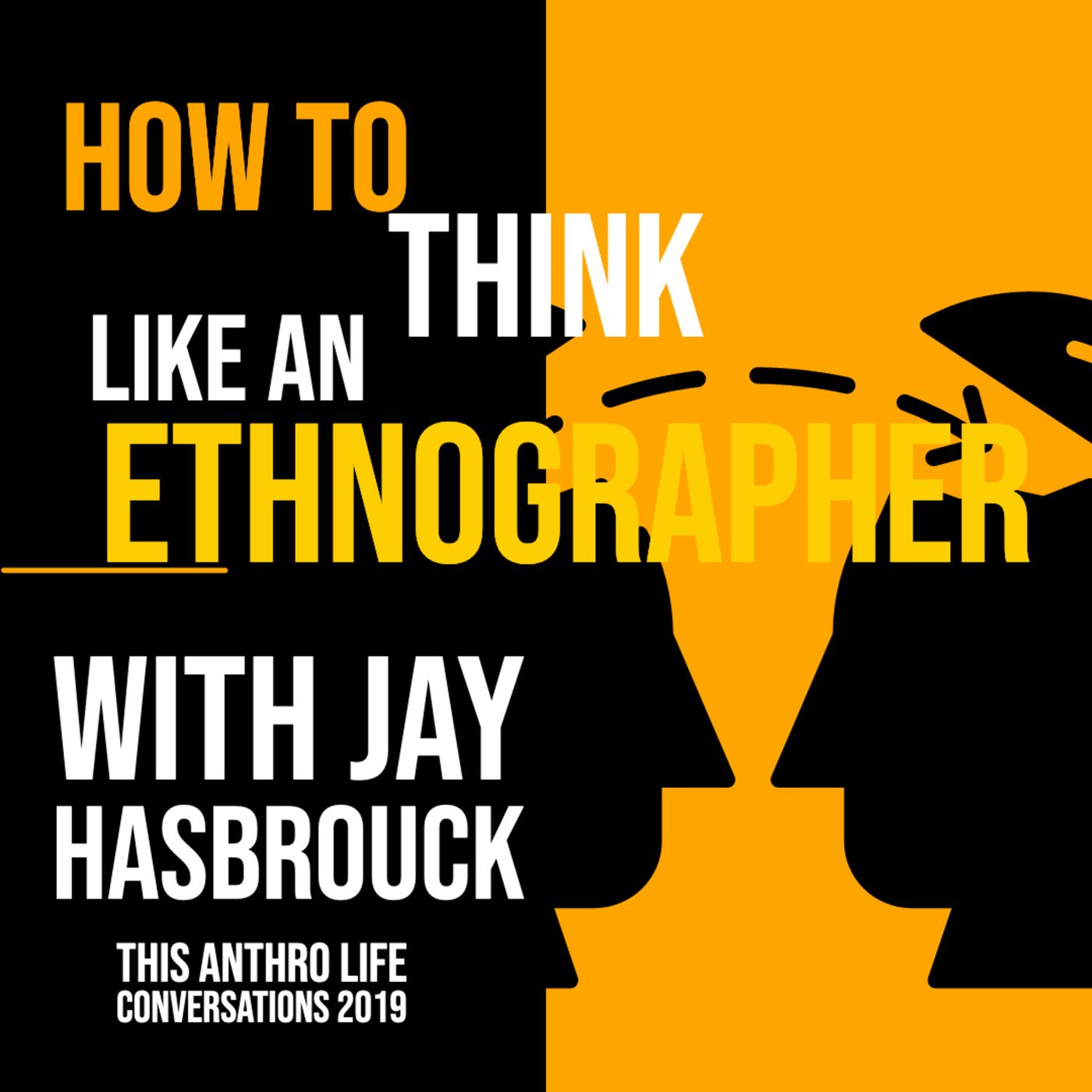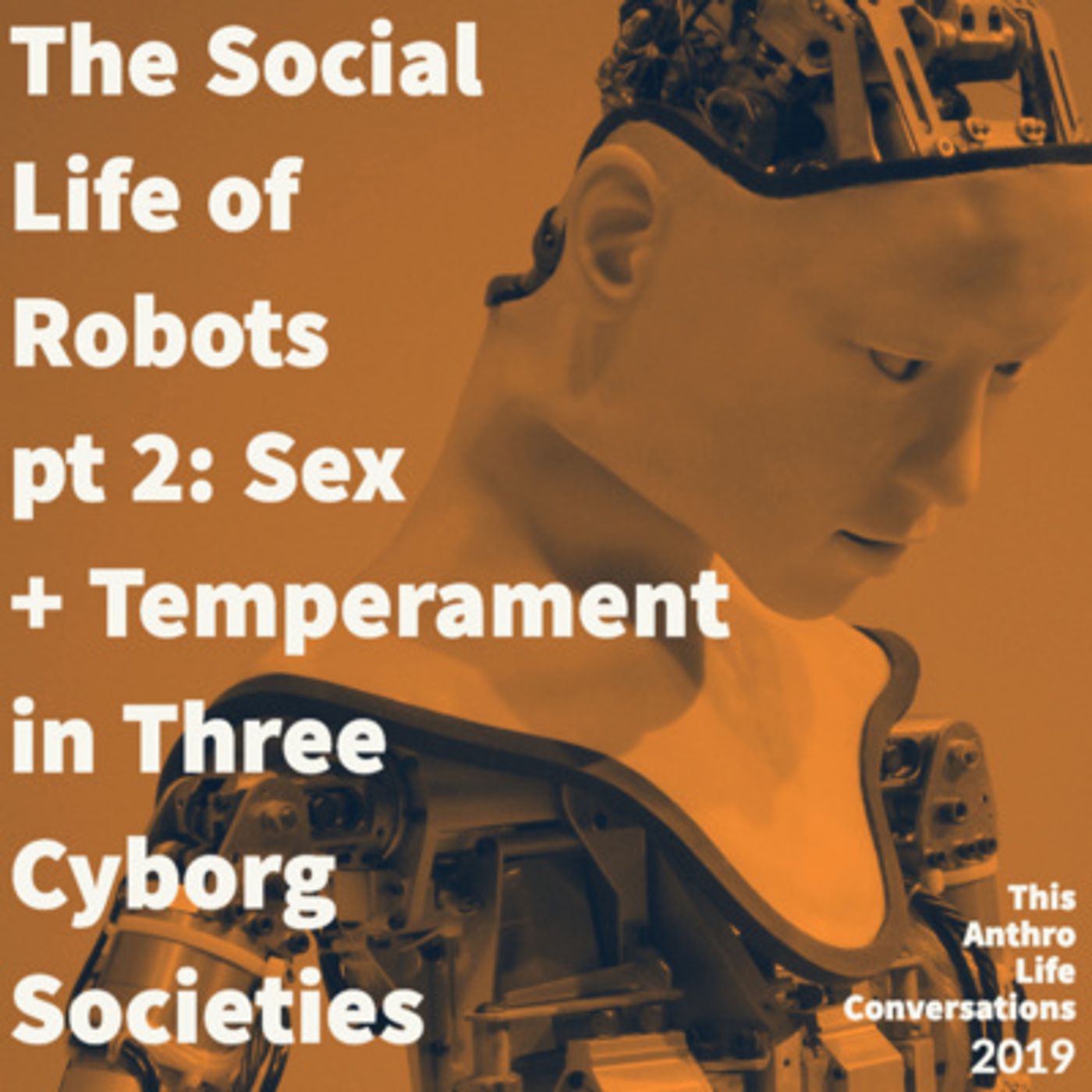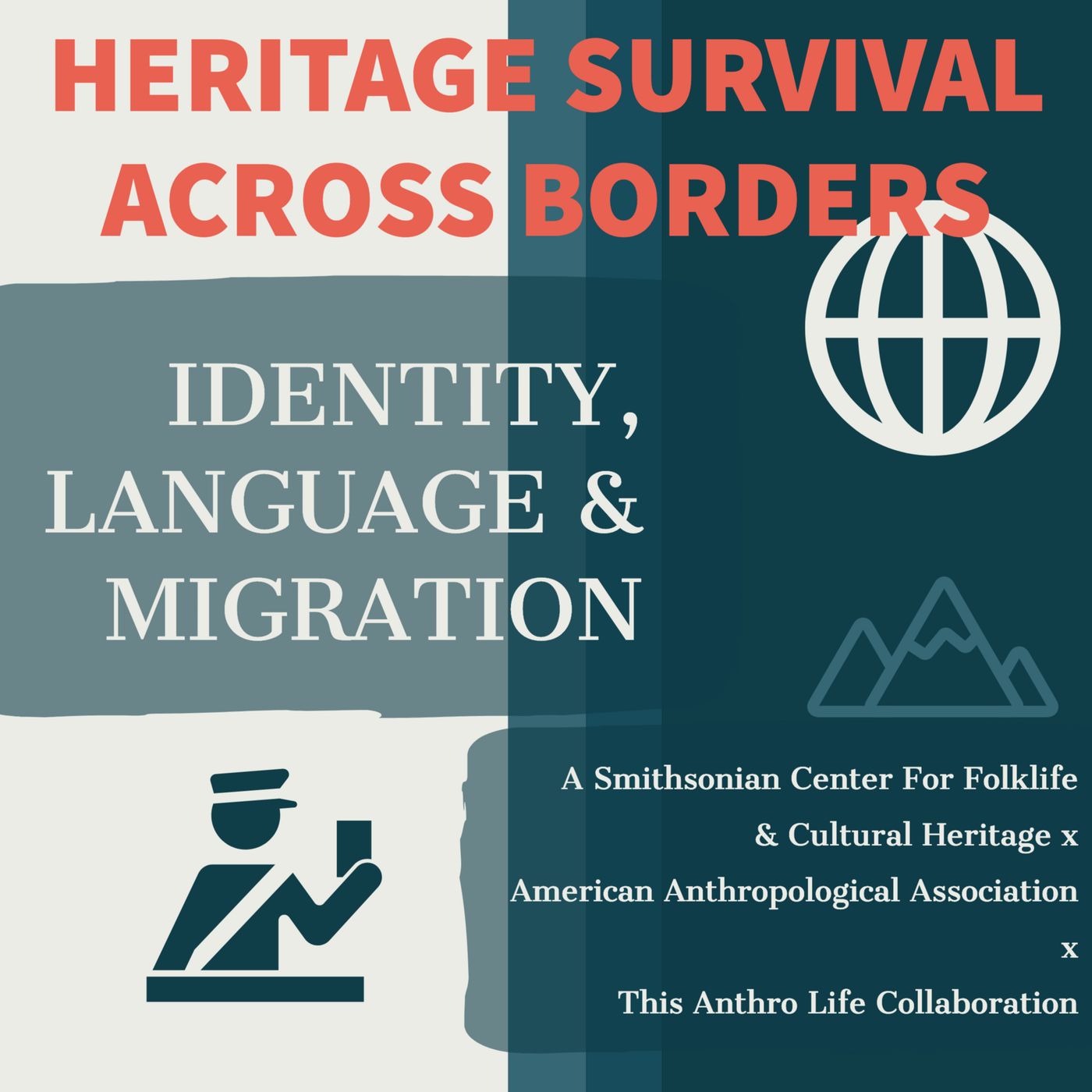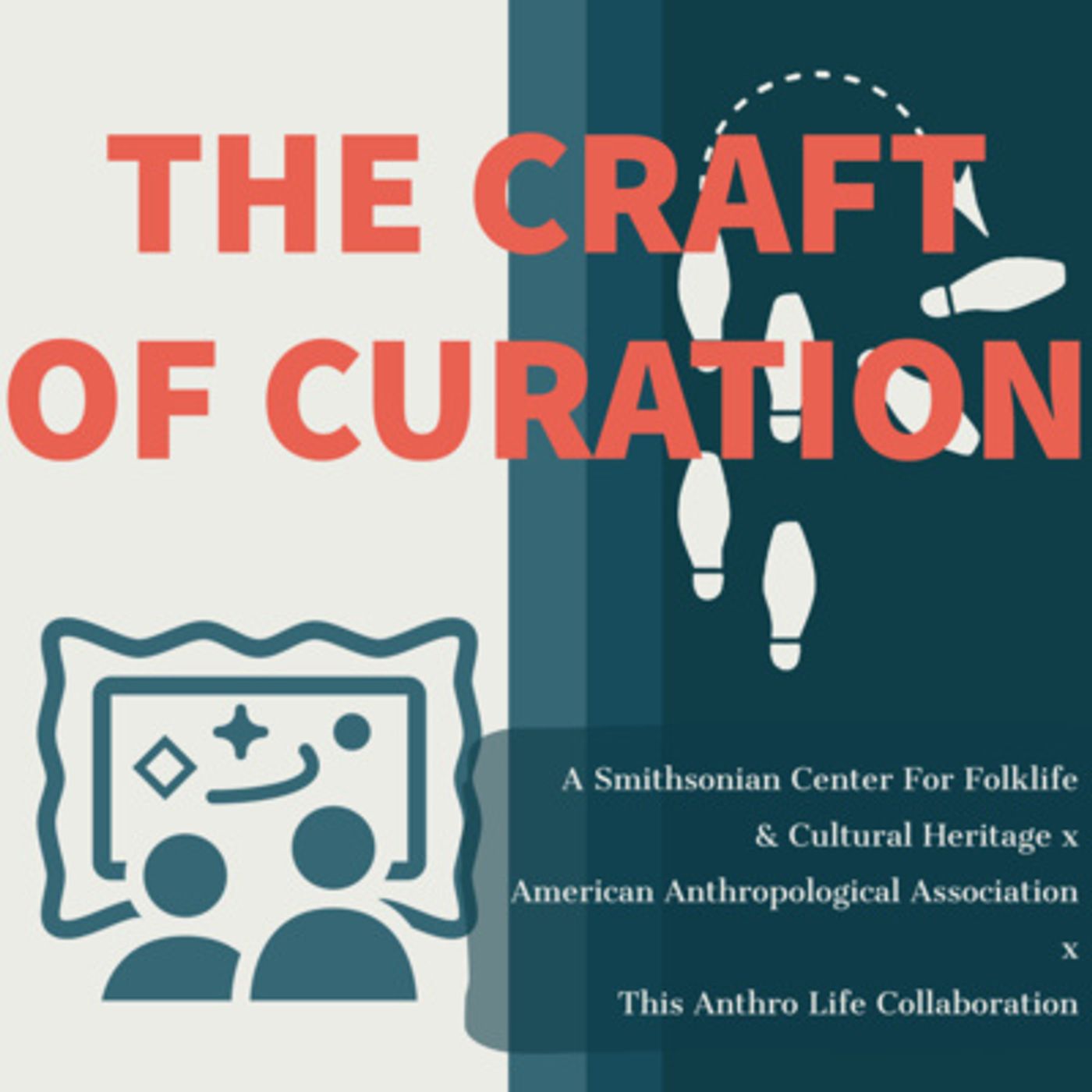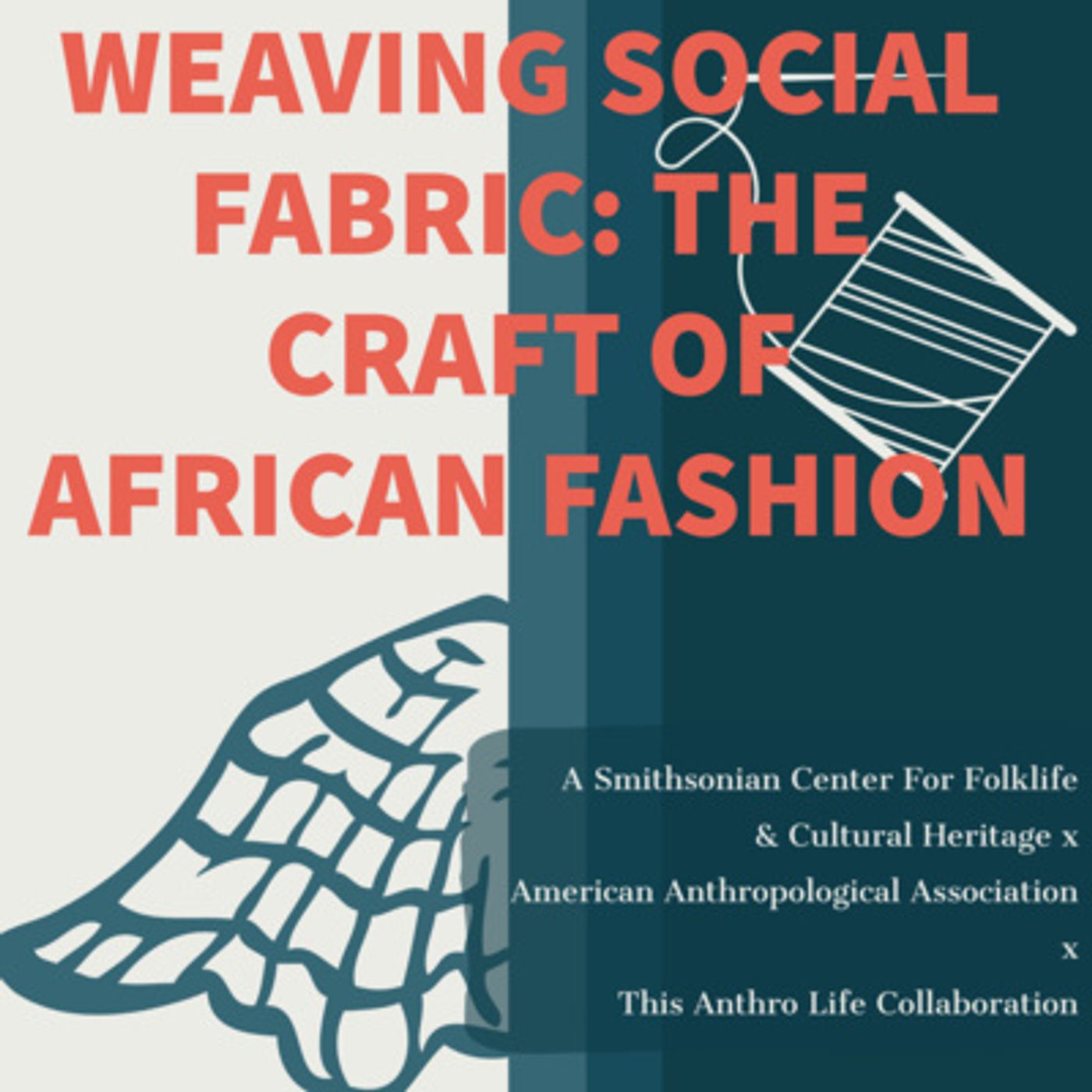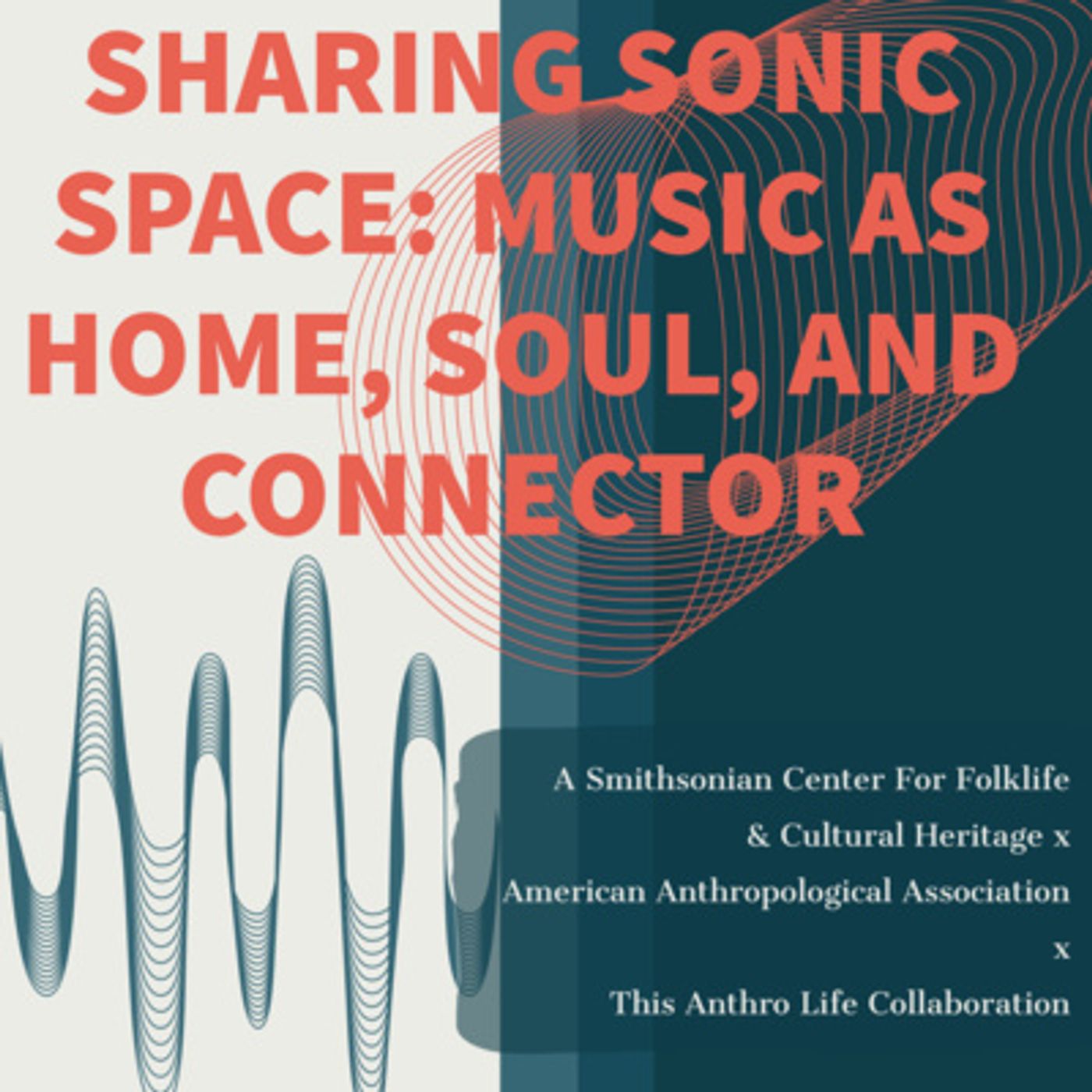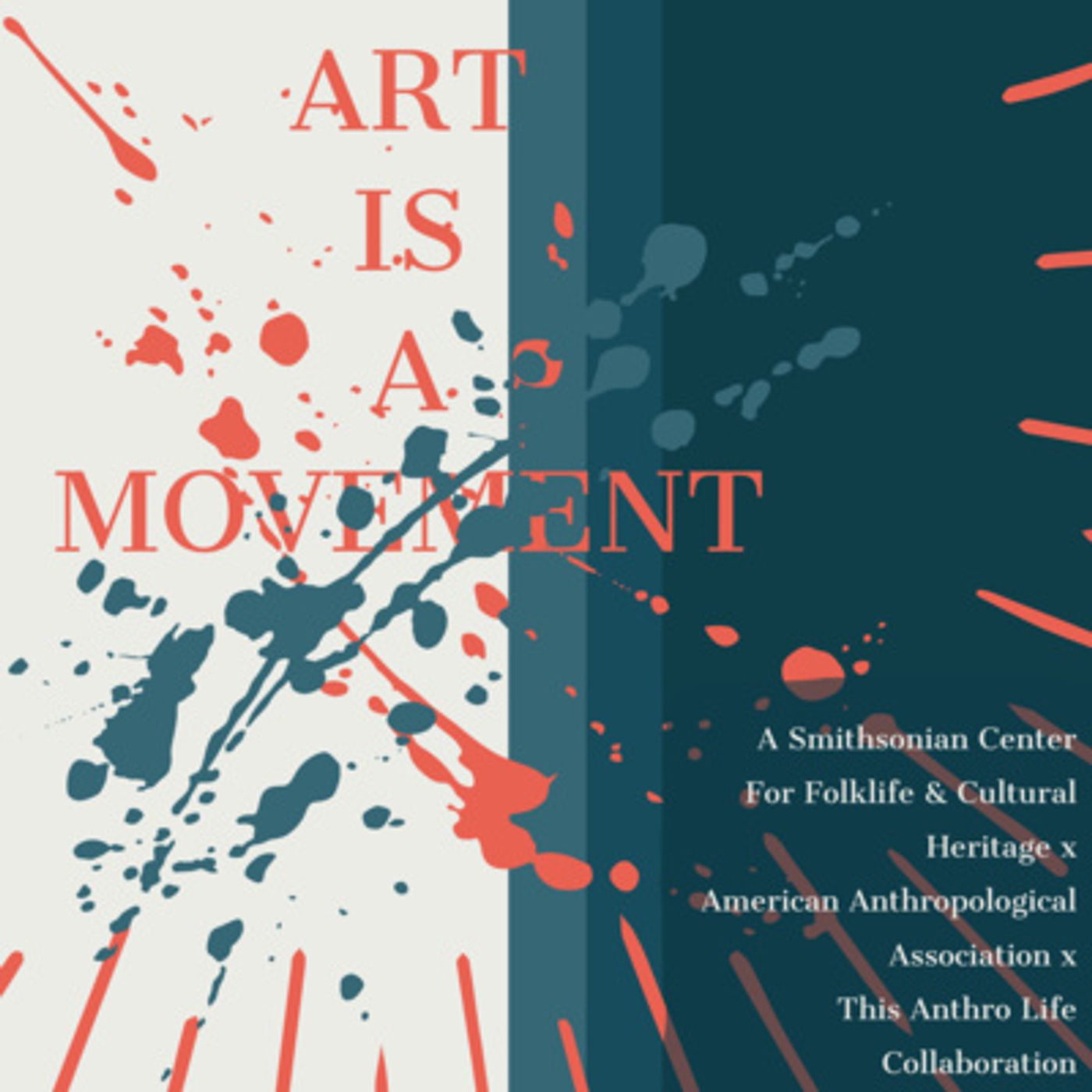Sharing Sonic Space: Music as Home, Soul and Connector
“I hope that more people will listen to more music outside of their own little comfort zone. I think that we enrich ourselves, we are better human beings when you open up your heart to other cultures, other music, to other worlds to other points of view. Because ultimately, as I said in the very beginning, we’re all the same. We’re all humans, and we all can connect in different ways with the things that we like. But, when we see it through the eyes of a different person. Then we better ourselves. We enrich ourselves.”Welcome to CultureMade: Heritage Enterprise in a World on the Move , an audio collaboration from the Smithsonian Folklife Festival, the American Anthropological Association and This Anthro Life Podcast.The above quote comes from Betto Arcos, music journalist and host of NPR’s The Cosmic Bario. Music, whether you create it or are an avid listener, pulls you in a deep sensory allure. The connection humans make with music is so deep that it can impact us physically and serve as a key point of return for our memories. As our guests from the Smithsonian Folklife Festival can attest, as much as it conjures deep feelings and memories, we learn something through the experience of music. Joining the distinct artists together in their views on music is a central theme, that music can help us overcome social difference. For Betto, this recognition is central to his desire to create music. Betto Arcos, in his own words:“I think that’s ultimately why I do it [create music]. I feel like there is a responsibility. There is a sense of a higher reason, why I do this. But deep down it’s also because I love music. Because I’m passionate about it and I feel like we can only do better as a human race, as people, if we know about each other a little more.”About our SpeakersBetto Arcos is a music journalist based in Los Angeles, host of The Cosmic Barrio, a reporter for NPR, and regular reporter for PRI. You can learn more about Betto at: http://bettoarcos.com/Or follow him on Twitter @ArcosBettoAmy Horowitz is an activist, promoter, feminist scholar, Roadwork team putting women artists and musicians on the road, the first multiracial, multicultural coalition. You can learn more about Amy Horowitz at: https://amyhorowitz.org/And read about RoadWork https://www.roadworkcenter.org/Arpan Thakur Chakraborty, Rabi Das Baul, Girish Khyapa and Mamoni Chitrakar are the Baul performers, mystic minstrels from the Indian state of Bengal. The Bauls are known for devotional songs that honor the divine within. Additionally, Mamoni Chitrakar is a traditional Indian patachitra singer and painter from West Bengal. You can learn more about their causes at: www.banglanatak.comThe purpose of this series is to create narratives linking the diverse peoples, perspectives, and activities across the Festival from a series of micro ethnographies like those above. The open format interview style allowed participants to define in their own words the relationships between their artisanship, musical ability, or experiences and how migration and movement shape their lives. Conversations with curators and other researchers supplemented the interviews with Festival participants and helped us to identify the research involved in selecting participants and the presentation of cultural heritage for the Festival. This approach allows us to foreground a central or thematic conversation and narrate events and activities at the Festival that listeners can paint in their minds as if they had been there to experience it.About Our HostsAdam Gamwell is the co-host and executive producer of the This Anthro Life (TAL). Adam holds a Ph.D. in Anthropology from Brandeis University. He founded and produces narrative media out of Missing Link Studios.Ryan Collins is the co-host and editor of This Anthro Life (TAL). Ryan holds a Ph.D. in Anthropology from Brandeis University.Leslie Walker is the project manager of the Public Education Initiative at the AAA--- Send in a voice message: https://anchor.fm/thisanthrolife/message
 Sign in
Sign in Sign in
Sign in Sign in
Sign in